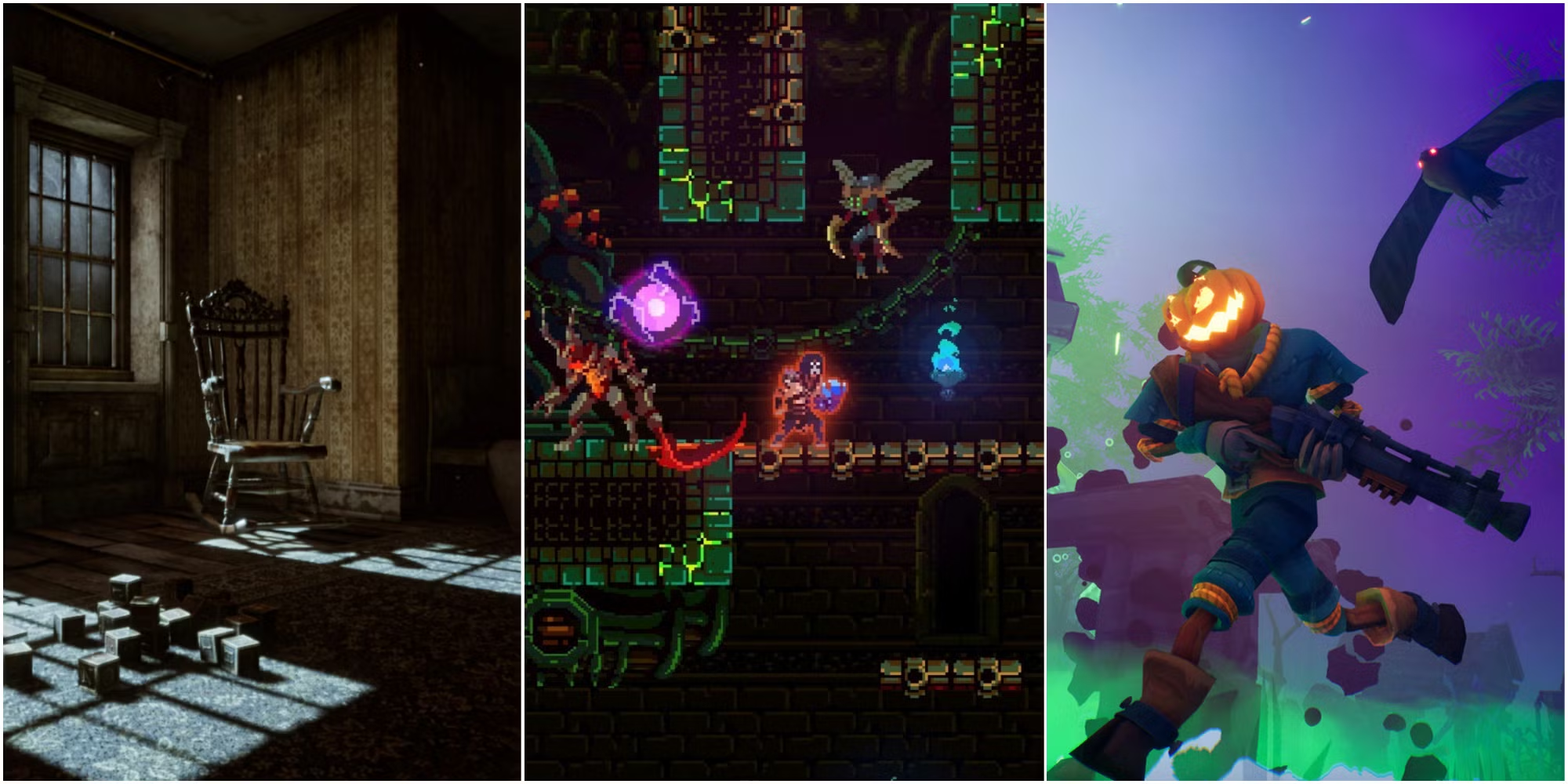
Indie computer games are where creativity flourishes beyond mainstream trends. These titles often break traditional gaming molds, offering original mechanics, emotional storytelling, and artistic design that rival big-budget productions. If you haven’t explored the indie scene, you’re missing some of the most innovative experiences in PC gaming.
Games like *Hollow Knight*, *Celeste*, and *Papers, Please* have earned critical acclaim for good reason. They prove that passion projects—often developed by small teams or even solo creators—can deliver gameplay and narratives that stick with players long after the credits roll. Indie developers aren't constrained by formulaic design, allowing for risk-taking and genre-blending that result in memorable, unique titles.
Beyond entertainment, many indie games challenge players emotionally and ethically. Titles such as *Undertale* and *To the Moon* tackle complex themes using minimalist mechanics and storytelling that leaves a lasting impression. With no corporate pressure to cater to mass markets, indie developers often speak more personally through their work, creating deeper connections with their audiences.
Indie games aren’t just filler between AAA titles—they are often the heartbeat of creative expression in the industry. Whether you're seeking a challenge, a good cry, or a fresh perspective, underrated indie PC games are well worth your time and attention.
Why Indie PC Games Deserve More Attention
Unlike studios, indie developers often create without market constraints, allowing them to explore unusual mechanics, non-linear narratives, and bold visual styles.
Many indie games prioritize story, character development, and emotional immersion over flashy effects. This results in a more personal and impactful experience for the player.
Indie titles tend to be significantly cheaper than mainstream games, often delivering more value per dollar and making them accessible to a broader audience.
From pixel art to minimalist design, indie games break visual norms and often stand out in a crowded marketplace of photorealistic titles.
Indie developers often engage directly with players, listen to feedback, and evolve their games post-launch. This creates loyal fan bases and community-driven improvements.